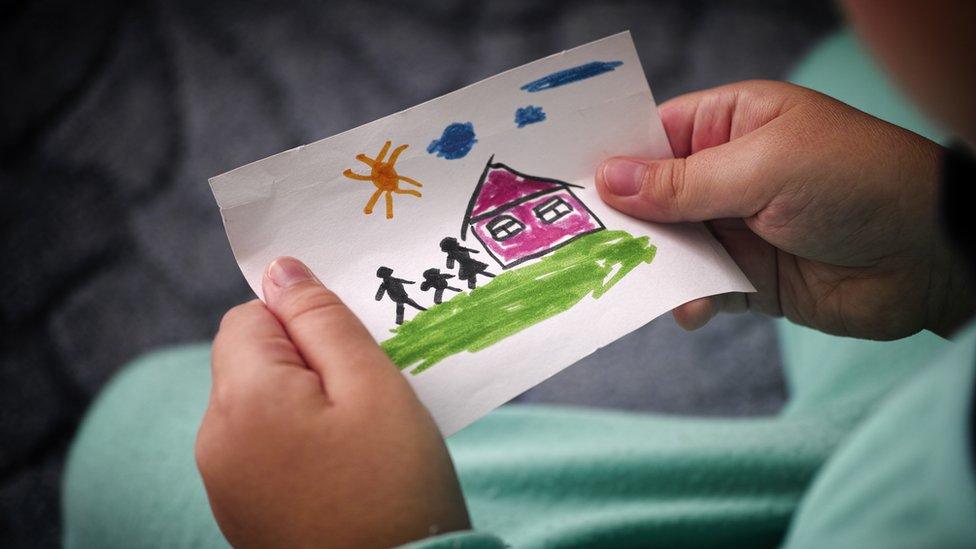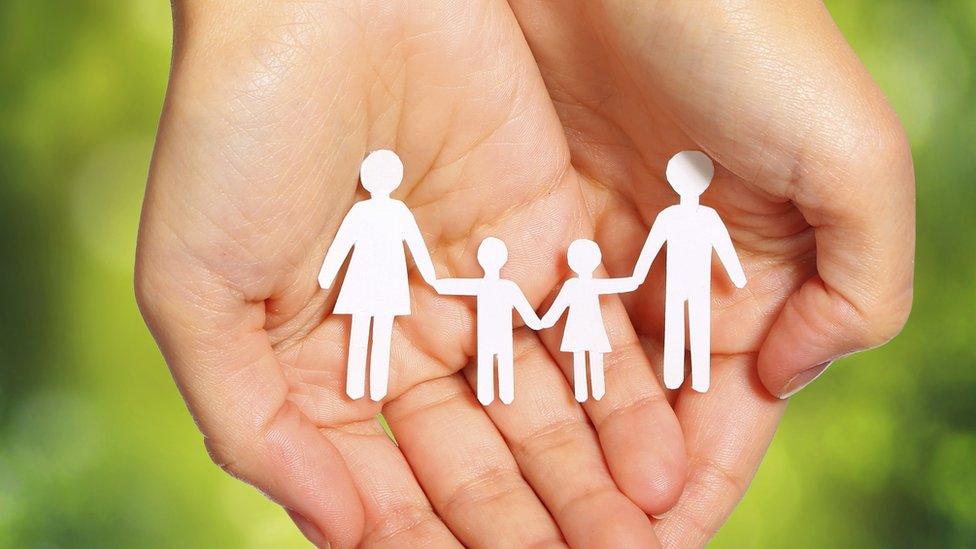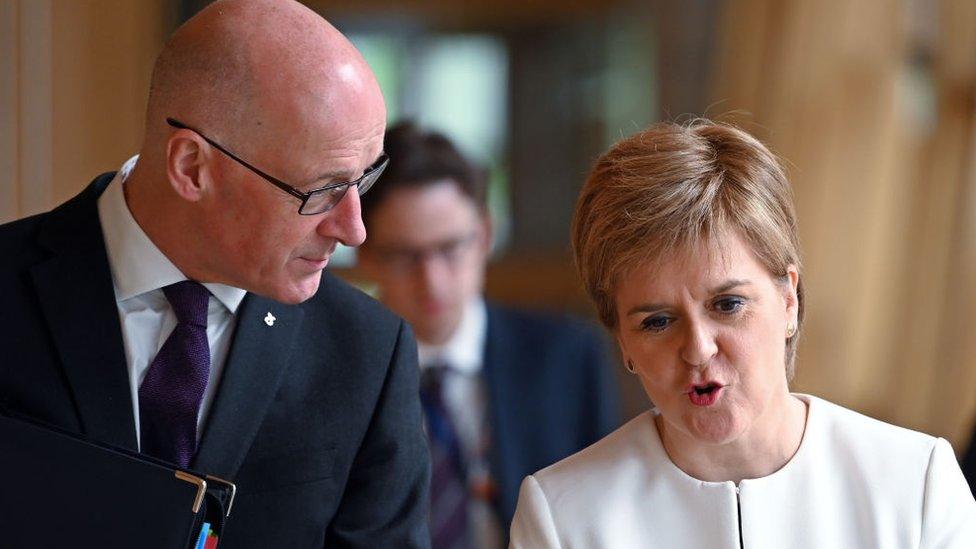Call for review of Highlands version of named person scheme
- Published

Highland Council's voluntary scheme was fully implemented by early 2010
Highland Council has been urged to carry out a full-scale review of its version of the Scottish government's scrapped named person scheme.
The proposal was to appoint people, such as teachers, to monitor the wellbeing of every child in Scotland.
A planned national rollout was scrapped last month, but local authorities were given the option to continue with their own voluntary schemes.
A Conservative councillor has asked Highland to review its scheme.
Struan Mackie, who represents Thurso and North-west Caithness, said a "clearer understanding" was needed of how it benefits children.
Highland Council said children's safety and wellbeing was at "the heart" of its policy and practice and its scheme, Getting It Right For Every Child (GIRFEC), was a "key principle" of this care.
GIRFEC was developed between 2006 and 2008 and fully implemented across the Highland region by early 2010.
The Highlands, Edinburgh, Fife and Angus are among areas that set up voluntary schemes.
Mr Mackie said a review should be held to examine what was good about the scheme, what did not work so well and what the council was asking of its staff.
He said: "I believe it is time local authorities such as Highland Council review the voluntary schemes that have been in place and have a look at whether or not they are going to be fit for purpose given that they would have been supported by an overarching national piece of legislation, as was anticipated over the last number of years."
'Ganging up'
Angus-based Alison Preuss, co-ordinator of the the Scottish Home Education Forum, said she had concerns about how the voluntary named person schemes shared information on families.
She said it could feel at times as if the authorities were "ganging up" against parents, some who had chosen to educate autistic children at home, and there had been instances where children had been removed from their homes for days at a time when they were not at "significant risk of harm".
Ms Preuss said: "We are now dealing with terrified children and young people who feel they don't want to live in the area any more."
Highland Council said it would continue to collaborate with parents, professionals and its partners to "work together in the best interests of children".
It added: "Getting It Right For Every Child will remain a key principle behind our practice and we will work closely with national bodies to understand the implications of national policy on our current processes and consider what action and changes we need to make."

The government's proposal was to appoint people, such as teachers, to monitor the wellbeing of every child in Scotland
The government's proposal was to appoint "named persons" to monitor the wellbeing of every child in Scotland, from birth to the age of 18.
The intention was for the named person to be a single point of contact if a child or their parents wanted information, support or advice, and for other services if they had concerns about the child's wellbeing.
The named person was intended to generally be a senior teacher, health visitor or midwife, depending on the age of the child.
The government said this was "a good policy to support the wellbeing of children and young people".
The scheme, which was branded a "snooper's charter" by opponents, was due to be introduced three years ago.
But it was delayed when the Supreme Court ruled that part of the plan breached Human Rights laws.
Education Secretary John Swinney confirmed last month he was withdrawing the named person legislation.
He said that existing, voluntary schemes that provide a point of contact for support would continue - but only for those councils and health boards that wish to provide them, and only for parents who wish to use them.
- Published19 September 2019

- Published19 September 2019
